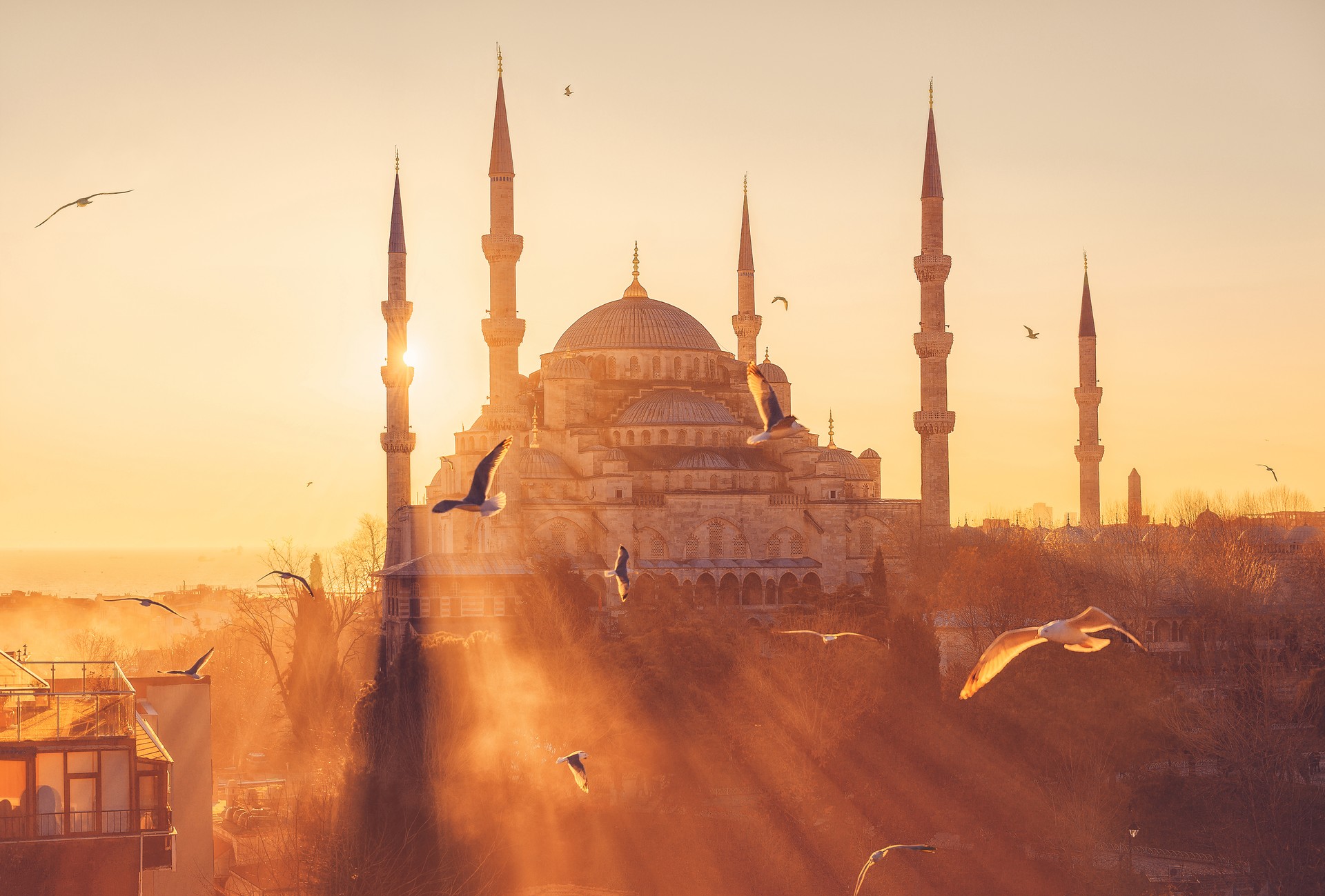
No matter where you are in the world, you have probably come across several people praising the captivating beauty of Istanbul; a city that often overwhelms visitors with its high population and fast-paced life, but also captivates them with surprises waiting around every corner.
So, if you are not one of those who have already visited Istanbul and cannot stop talking about it, let us tell you what the big deal is about this city. If you have already visited Istanbul and are here to check what you may have missed, hopefully, you'll feel encouraged to come back with a whole new bucket list.
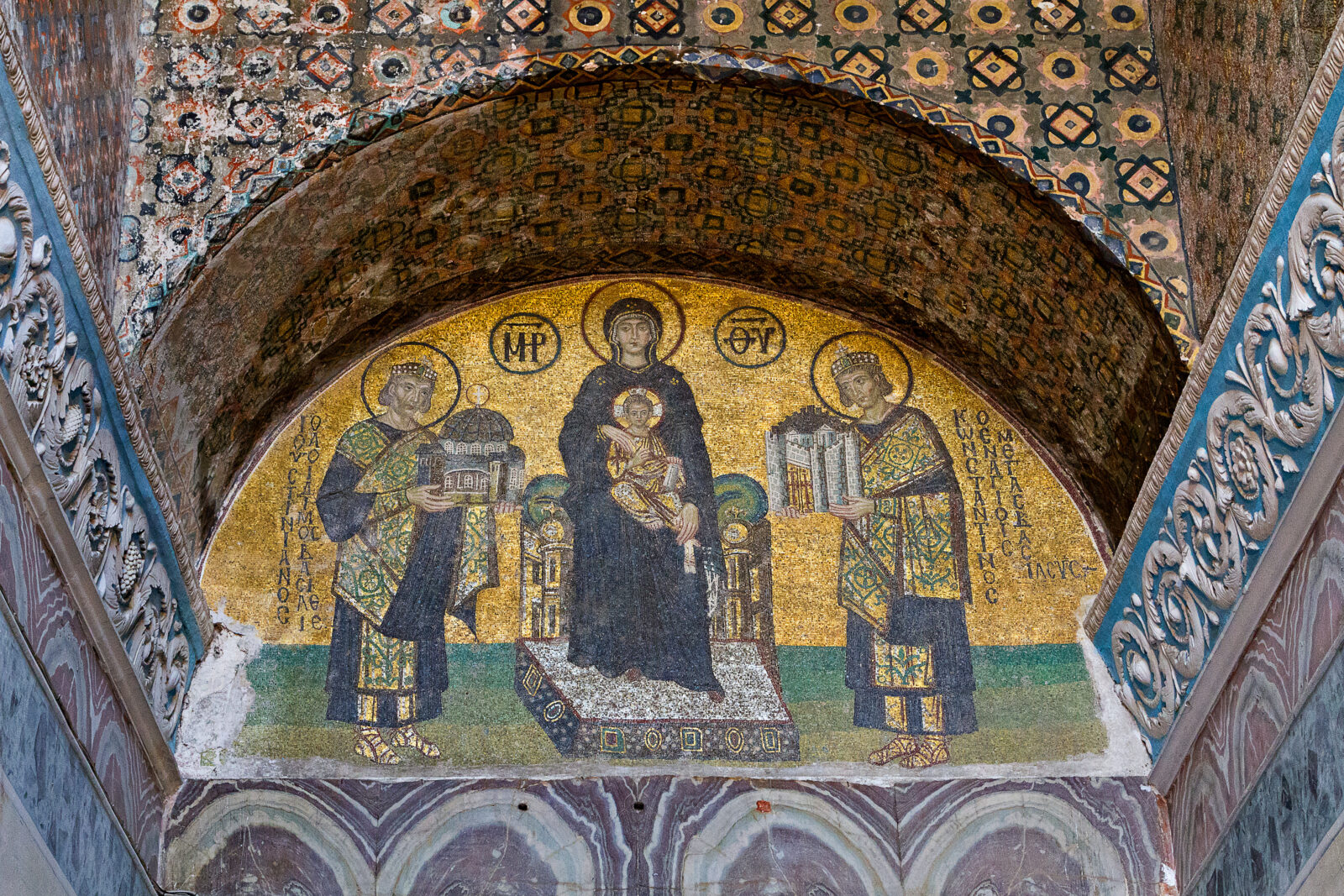
The story of Istanbul begins with a dream, quite literally. According to legend, Constantine the Great, the first Christian emperor of Rome, had a vision that foretold the creation of a city unlike any other.
Following his victory over Licinius at Chrysopolis (modern-day Uskudar), Constantine sought to establish a new capital for his empire. Initially drawn to the ancient city of Troy, he later changed course after a celestial sign.
The story goes that an eagle swooped down, seized the emperor's measuring line, and flew across the Bosphorus to Byzantium. Taking this as a divine indication, Constantine laid the foundation of what would become Constantinople, now Istanbul, marking the city as destined for greatness.
This tale, whether fact or myth, sets the tone for what Istanbul stands for—a city shaped by divine inspiration and human ambition, standing at the crossroads of continents and cultures.
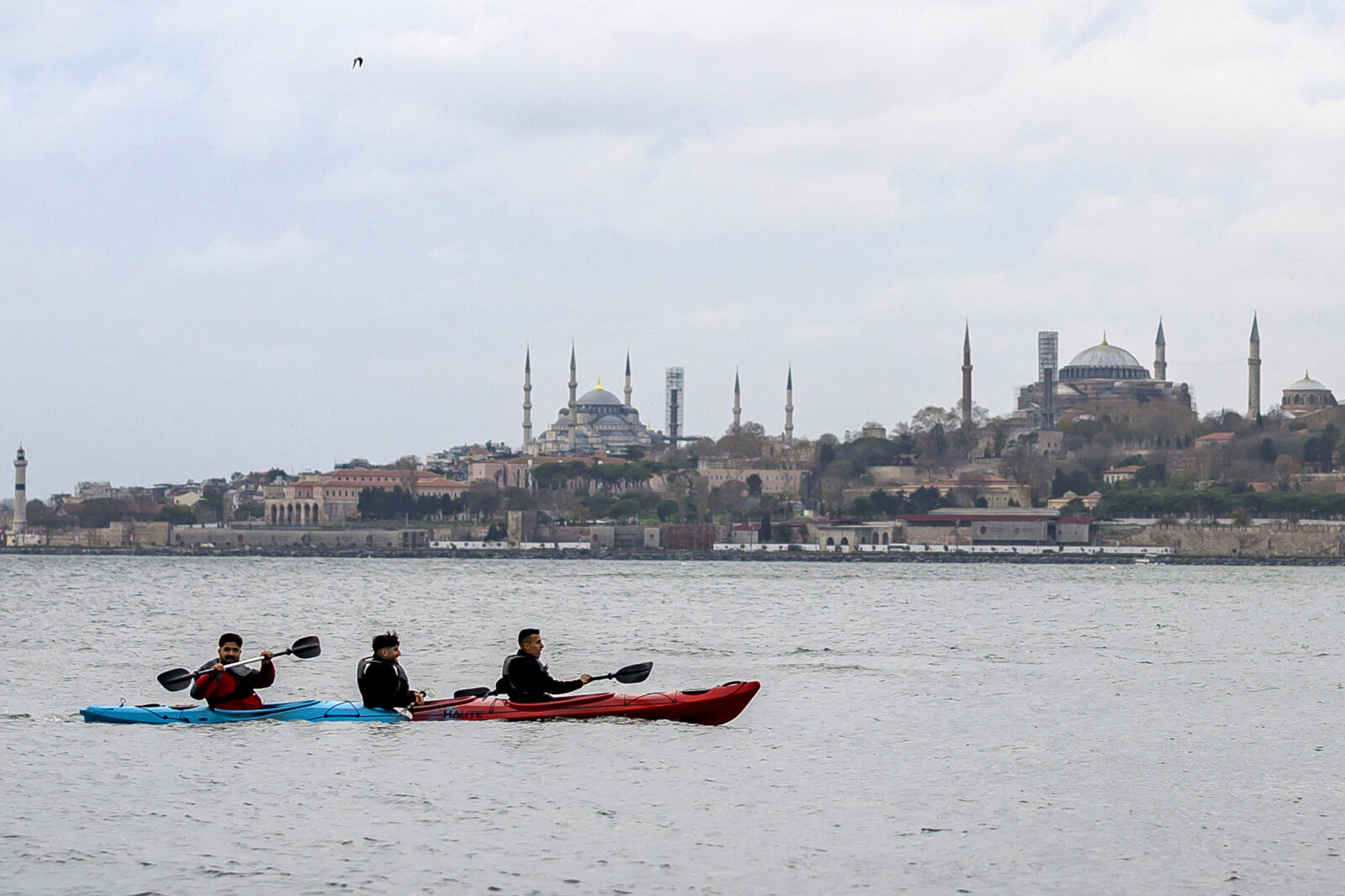
The Bosphorus Strait defines Istanbul. Dividing the city into its European and Asian sides, this natural waterway has shaped the city's identity for millennia. Ferries glide through its waters, accompanied by seagulls and the aroma of fresh sea air, offering a quintessential Istanbul experience.
Connecting the Black Sea and the Sea of Marmara, the Bosphorus has historically served as a critical trade route, allowing the city to thrive as a cultural and economic hub. Along its shores lie historic landmarks like the Maiden's Tower and palatial Ottoman-era mansions, while its iconic bridges physically and symbolically unite the city's two halves.
Key destinations of the Bosphorus:
The Bosphorus is also home to several waterfront restaurants, where diners can enjoy traditional Turkish cuisine while watching the ships pass by.
Nighttime cruises offer another perspective, with the city's lights reflecting on the water and iconic landmarks like the Maiden's Tower creating an enchanting scene.
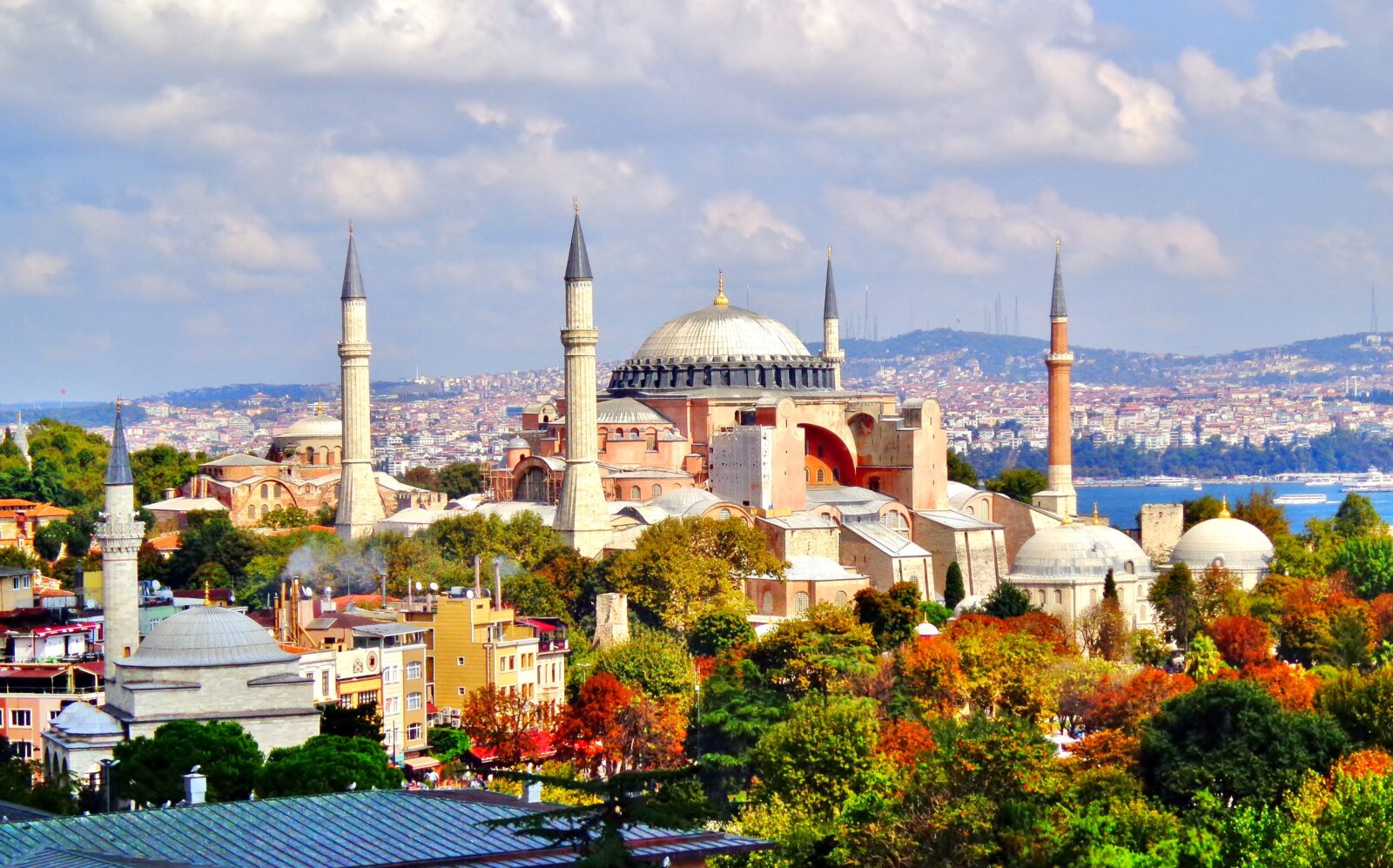
The city's history spans over 2,500 years, beginning with ancient Byzantium, founded as a Greek colony around 660 B.C.E. The city became the capital of the Roman and Byzantine Empires and was renamed Constantinople by Constantine the Great in 330 C.E.
Following the Ottoman conquest in 1453, it flourished as the heart of the Ottoman Empire and was widely referred to as "Konstantiniyye" during this period. Over time, the name Istanbul, derived from the Greek phrase "eis ten polin" (to the city), gained prominence and was officially adopted in 1930.
This legacy is reflected in architectural treasures like the Hagia Sophia, the Basilica Cistern, and the Hippodrome, all of which endure as testaments to the city's layered history and cultural significance.
Some of the most famous historical sites include:
Beyond these landmarks, Istanbul's historical narrative continues in its lesser-known sites, such as the Basilica Cistern, an underground marvel of Byzantine engineering, and the Galata Tower, which offers panoramic views of the city.
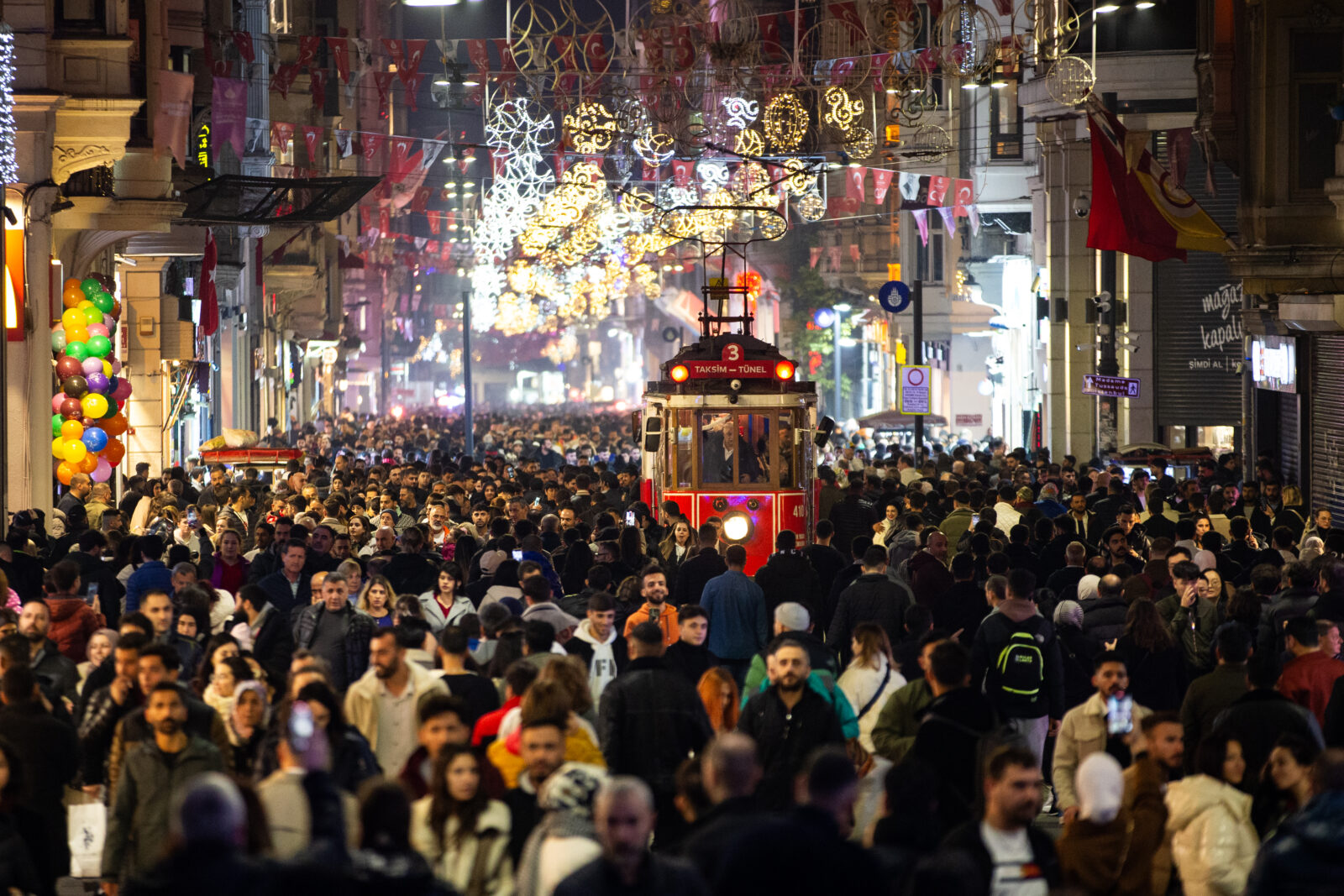
Designated as a European Capital of Culture in 2010, the metropolis lives up to this recognition. The city hosts numerous festivals, art exhibitions, and cultural events year-round.
The Istanbul Biennial and the International Istanbul Film Festival attract global attention, offering platforms for contemporary art and international cinema.
Additionally, music enthusiasts flock to the Istanbul Jazz Festival, while literary circles gather for the Istanbul International Literature Festival. Smaller venues feature works by local artists and performers, ensuring that creativity thrives in every corner of the city.
Cultural experiences to explore:
The historic capital's culinary scene also reflects its cultural richness, with food festivals celebrating the city's diverse flavors and gastronomic traditions.
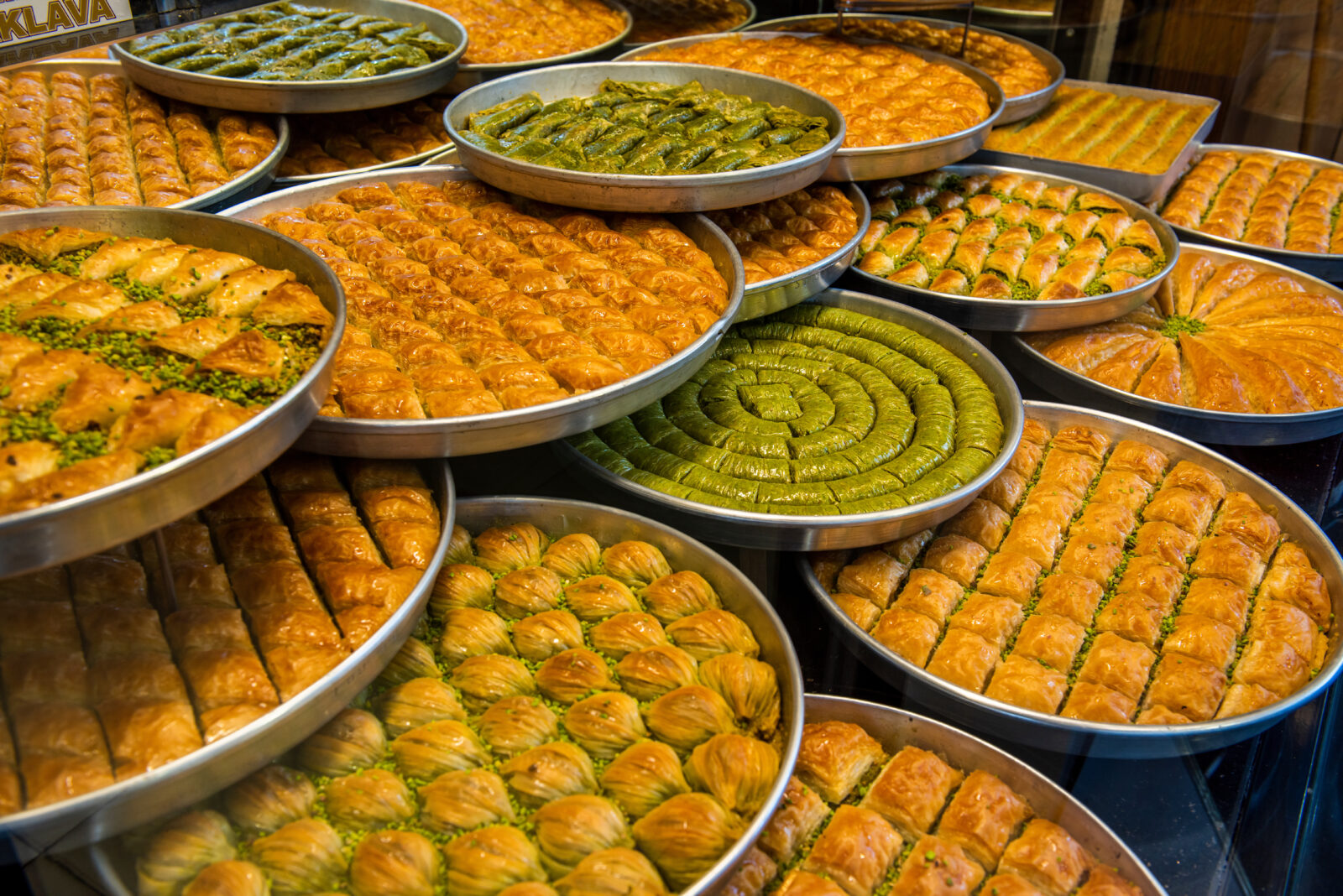
Istanbul's culinary scene matches its historical depth. As a melting pot of cultures, the city offers flavors that reflect its diverse heritage.
Street food such as simit (sesame-covered bread rings), balik ekmek (fish sandwiches), and kumpir (stuffed baked potatoes) are must-try experiences. Traditional dishes like Sultanahmet meatballs and Kanlica yogurt have become synonymous with the city.
Top foods to try in Istanbul:
Pair these treats with a cup of Turkish tea or coffee for a quintessential Istanbul experience. For those seeking upscale dining, the metropolis boasts world-class restaurants offering innovative takes on Turkish and international cuisines.
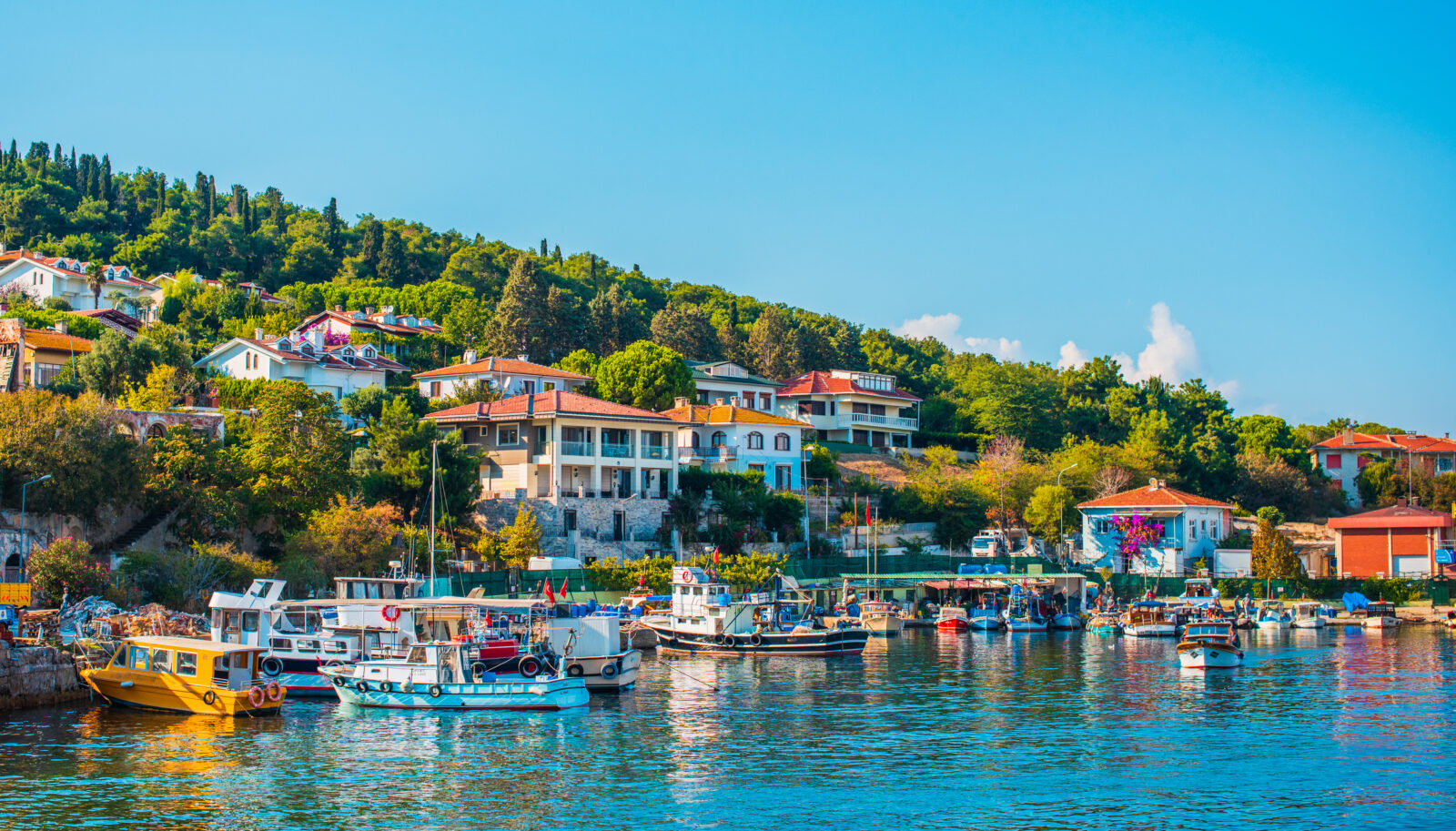
Despite its bustling urban landscape, Istanbul offers plenty of green spaces and peaceful escapes. The Princes' Islands, a short ferry ride away, provide a tranquil getaway. These car-free islands are ideal for cycling, strolling, or simply enjoying the sea breeze.
Natural attractions to visit:
For those who prefer seaside relaxation, the beautiful city's beaches and waterfront promenades provide the perfect setting to unwind while soaking in the city's natural beauty.
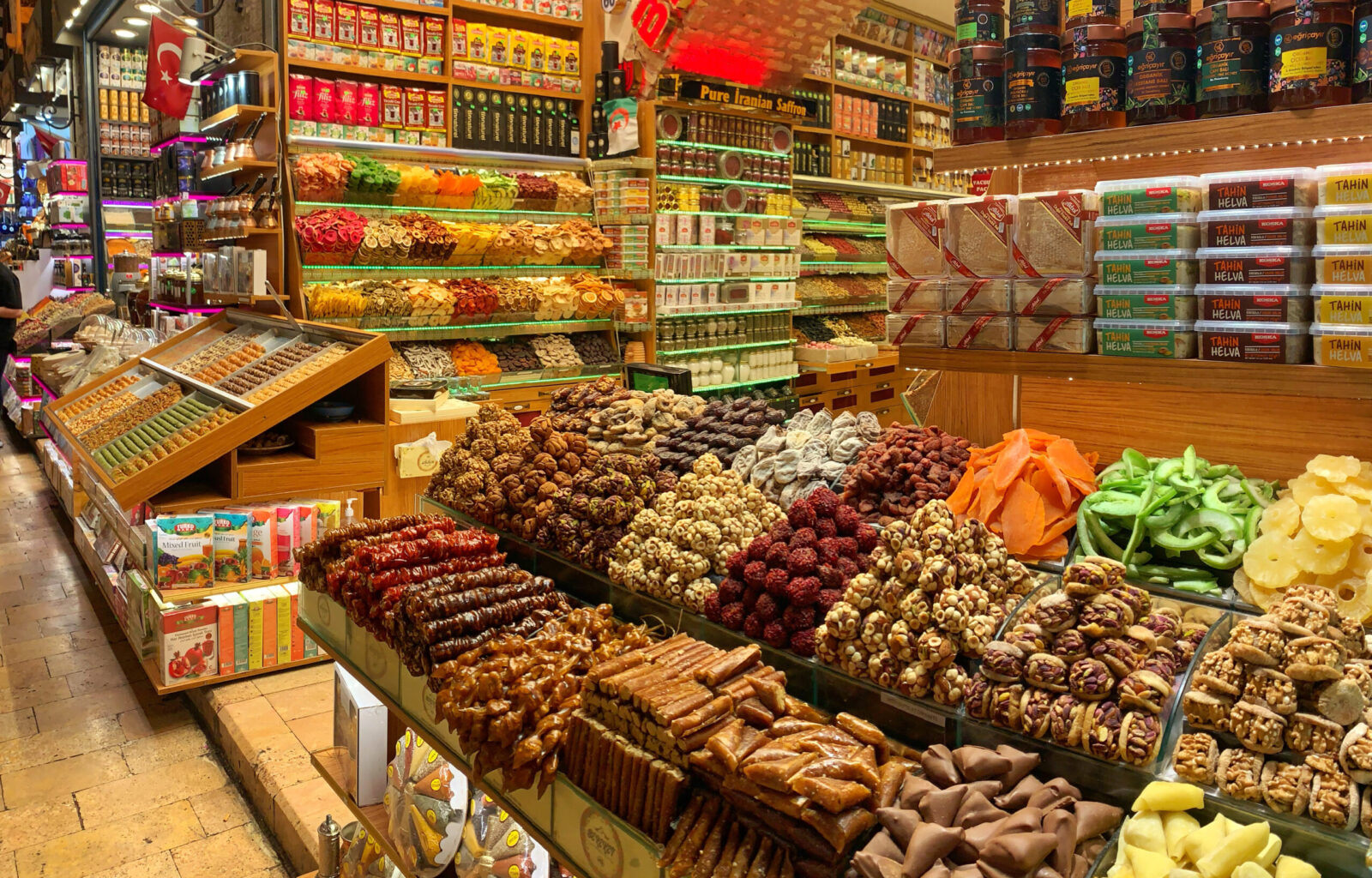
The historic capital's position at the crossroads of continents has made it a cultural melting pot. This diversity is visible in neighborhoods where mosques, churches, and synagogues coexist. The city's cosmopolitan atmosphere extends to its residents, who are known for their warm hospitality.
Unique aspects of Istanbul's cosmopolitan life:
In districts like Beyoglu and Cihangir, visitors can experience the city's bohemian side, with art studios, boutique shops, and vibrant cafes adding to the city's eclectic character.
Istanbul's uniqueness lies in its ability to harmonize the old and the new, the East and the West, and tradition with modernity. It has inspired poets, artists, and travelers and continues to stand out as one of the world's most iconic destinations.